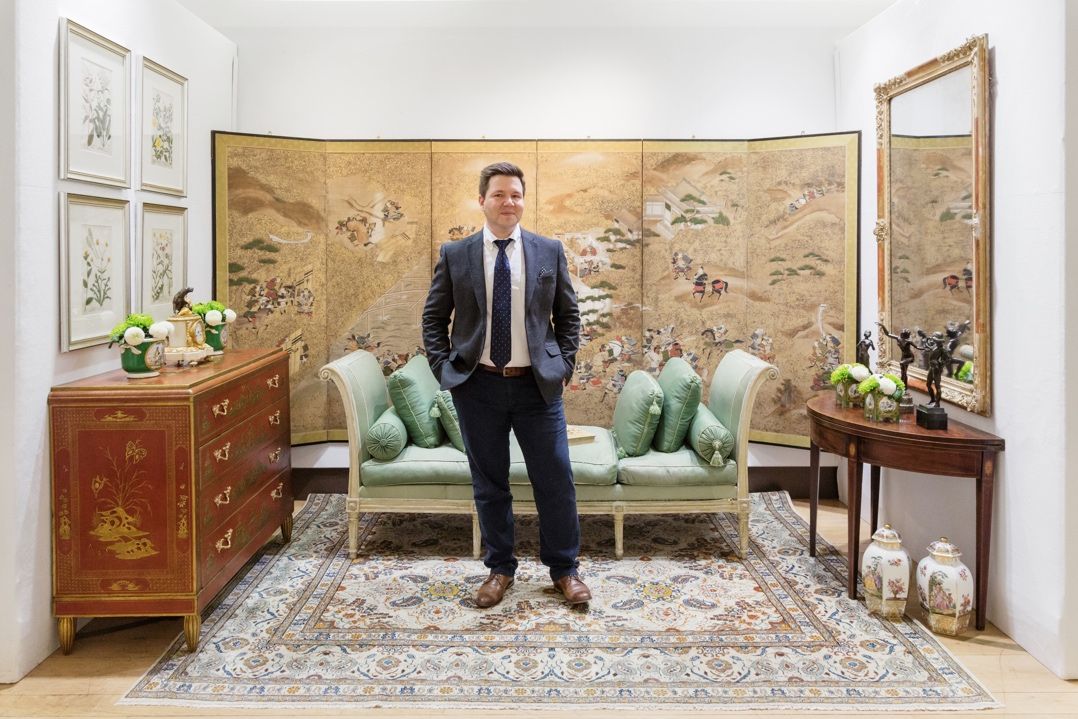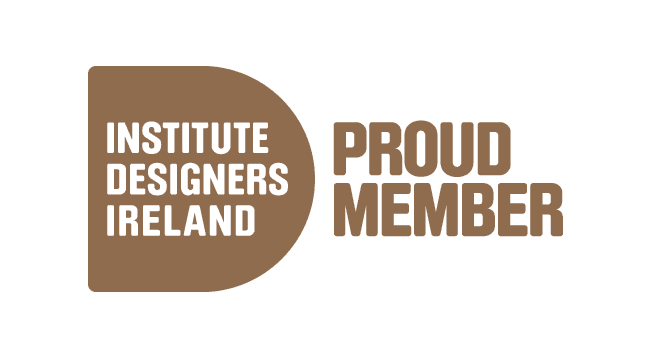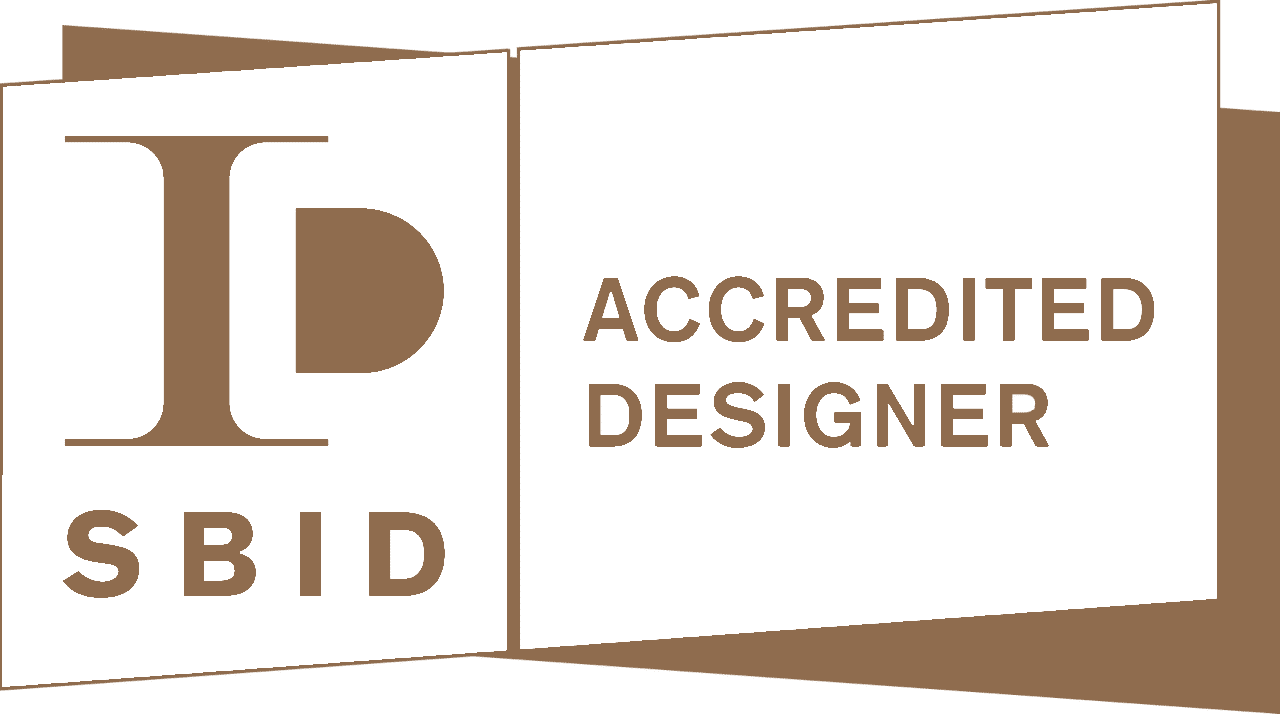How are technology and eporta changing the way designers run their businesses?
Technology has brought transparency to the design world, which can have both a positive and negative impact for designers. On one hand, it brings globalisation to design. Not only can designers source products and materials from anywhere in the world, but they can cater to a client base that previously seemed nearly impossible. Even just ten years ago, it would have been challenging for a London based designer to complete a project in Dubai or New York. Now, we see in our community it’s become very common. Technology also gives clients and designers equal access to information and inspiration. Clients have a better idea of what they want and come to an initial meeting with a designer vaguely (or in worse cases, exactly) knowing how much it should cost. We know for designers, this can be quite challenging.
eporta uses technology to help its designers maximise on the positives and overcome the negatives. Our goal is to power great design around the world by giving interior designers, architects, and anyone delivering a commercial or residential project access to the largest network of furniture manufacturers globally. We save time for our designers by giving them access to a vast collection of products from across the world, while simultaneously guaranteeing the lowest trade discounts. Rather than relying on the brands they’ve always worked with or met last at a trade show, we’ve made it easier to find exactly the product you need for a given project, through surfacing them all online.
What are the benefits of outsourcing to designers and using a platform like eporta?
Historically, designers have felt reluctant to outsource for a variety of reasons. Many fear that they can’t trust external partners to deliver to their company standards. Others worry that they won’t receive transparency when it comes to pricing and costs. In a world like that, I wouldn’t outsource either! The key to successful outsourcing is all about finding a trustworthy partner.
For a business, welcoming a reliable and trustworthy partner can be transformational. Particularly in the interiors world, designers are expected to have a multifaceted role: you are the Director, Lead Designer, Supplier Liaison, Head of Marketing, Social Media Strategist, and so much more. Outsourcing allows you to concentrate on the “big picture” of your business rather than the administrative details.
For example, designers rely on eporta to do the parts of their job that, while extremely important, are less fundamental to growth (invoicing, deliveries and installation, just to name a few). Partnering with eporta means they can focus their attention on the part of the job that reallyrequires their focus (i.e. creativity, design and client time). Outsourcing has given time back to the designers, helping them build a brand that is more powerful and ultimately more successful.
Looking back, what advice would you give yourself when you were starting out?
It’s going to be hard…harder than you think. That being said, it’s going to be worth it in the end – but brace yourself for a rollercoaster!
What advice would you give those looking to change careers?
If you want to change careers, ask yourself “why?”. I am a firm believer that ultimate success comes from doing something that you love. If you’re not in love with what you do, make a change. That’s not to say that you will always love what you are doing 100% of the time. Every job will come with challenges. But when you weigh the difficult parts against the rewards, it should tell you whether or not the path is worthwhile. When I’m having a rough day I sometimes stop myself and ask, “Am I still excited about eporta?”. And the answer has always been “yes”. That’s a career worth changing for; something that, through the obstacles, still makes you excited on a daily basis.
Aneeqa Khan, Eporta











